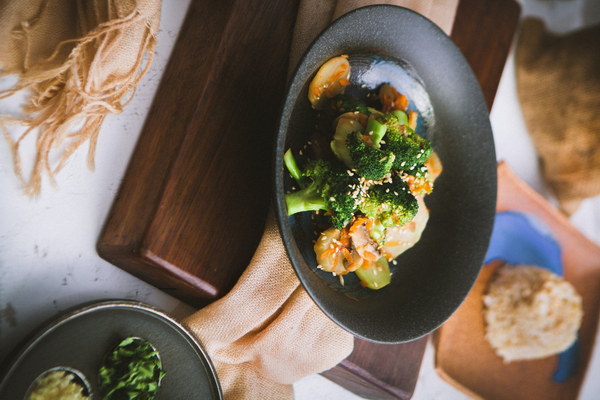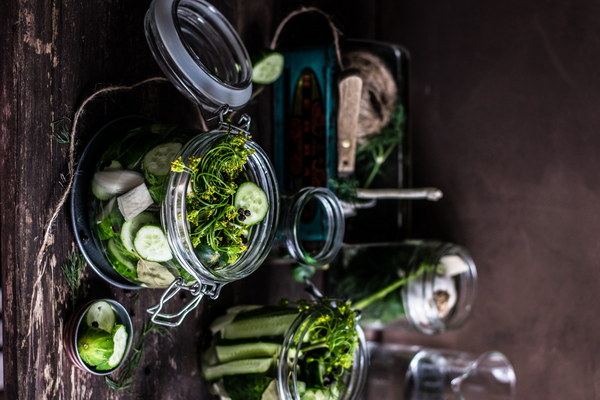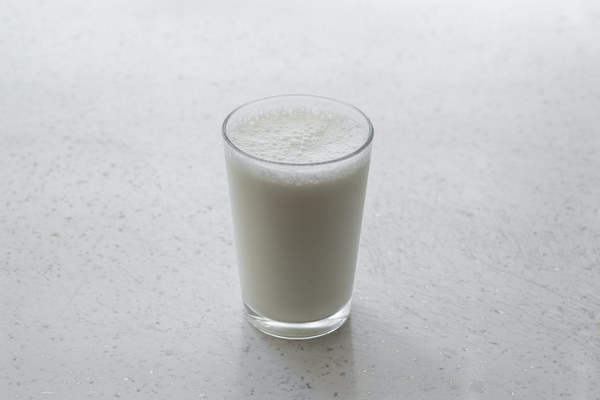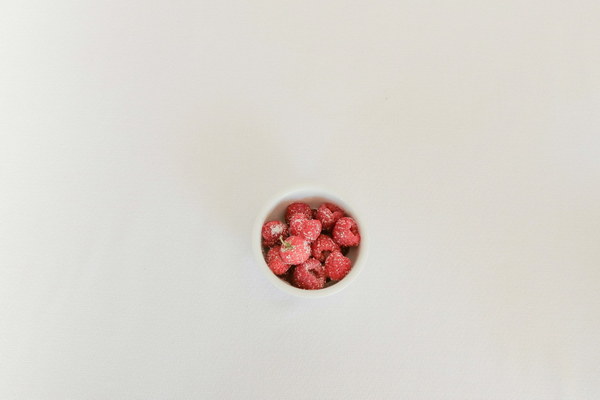Revitalizing the Lungs An Exhaustive Guide to the Great Collection of LungQi Tonifying Formulas
In traditional Chinese medicine (TCM), the lungs are considered the primary organ responsible for the exchange of oxygen and carbon dioxide, and for the regulation of respiration. The lung-qi, or vital lung energy, is vital for maintaining the body's overall health and vitality. When the lung-qi is deficient, individuals may experience symptoms such as shortness of breath, cough, weakness, and even immunodeficiency. To address this, TCM practitioners have developed a vast array of lung-qi tonifying formulas, each designed to nourish and strengthen the lungs. This article aims to provide an exhaustive guide to the Great Collection of Lung-Qi Tonifying Formulas, exploring their composition, mechanisms of action, and therapeutic applications.
1. Basic Principles of Lung-Qi Tonifying Formulas
The primary goal of lung-qi tonifying formulas is to replenish and strengthen the lung's vital energy. These formulas often contain herbs that have the following properties:
- Tonifying: These herbs help to strengthen the lung's vital energy, addressing the root cause of lung deficiency.

- Nourishing: These herbs provide nutrients to the lung, promoting its health and function.
- Moistening: Dryness is a common symptom of lung deficiency, so these herbs help to moisten the lungs and alleviate dryness.
- Anti-inflammatory: Inflammation in the lungs can lead to respiratory issues, so these herbs help to reduce inflammation and improve lung function.
2. Common Ingredients in Lung-Qi Tonifying Formulas
Several herbs are commonly used in lung-qi tonifying formulas, including:
- Astragalus (Astragalus membranaceus): Known for its immune-boosting properties, astragalus is a key herb in lung-qi tonifying formulas.
- Codonopsis (Codonopsis pilosula): This herb helps to nourish the lung and boost the immune system.
- Licorice (Glycyrrhiza uralensis): Licorice is a sweetening agent that also helps to harmonize the formula's other ingredients.
- Elderberry (Sambucus nigra): Elderberry is a natural expectorant that helps to clear mucus from the lungs.
- Honey Lung Tea (Fritillaria thunbergii + Ophiopogon japonicus): This is a famous lung-nourishing tea that combines two cooling herbs to moisten the lungs and alleviate cough.
3. Examples of Lung-Qi Tonifying Formulas
Below are a few examples of lung-qi tonifying formulas, along with their composition and therapeutic applications:
- Xu Feng San (Rehmannia and Astragalus Pill): This formula is primarily used to tonify the lung-qi and improve respiratory function. It is beneficial for treating chronic cough, shortness of breath, and weakness.
- Bu Fei San (Tonify the Lung Powder): This formula is designed to nourish and strengthen the lung-qi. It is suitable for treating chronic bronchitis, asthma, and other lung-related conditions.
- Bai He Gu Jin Wan (White Peony and Peony Root Pill): This formula focuses on moistening the lungs and clearing heat. It is effective for treating dry cough, sore throat, and fever.
4. Therapeutic Applications
Lung-qi tonifying formulas have a wide range of therapeutic applications, including:
- Treatment of respiratory diseases, such as chronic bronchitis, asthma, and pneumonia.
- Management of immunodeficiency and recurrent infections.
- Improvement of overall lung function and respiratory health.
- Prevention of lung-related diseases.
5. Conclusion
The Great Collection of Lung-Qi Tonifying Formulas is a valuable resource for TCM practitioners and individuals seeking natural remedies for lung-related issues. By understanding the basic principles and common ingredients of these formulas, one can make informed decisions about their use and benefit from the lung-qi tonifying properties of traditional Chinese medicine.









